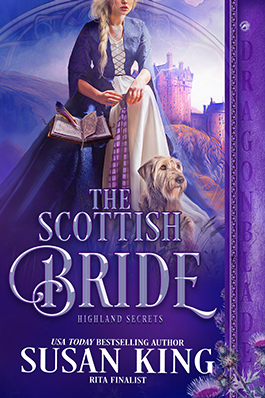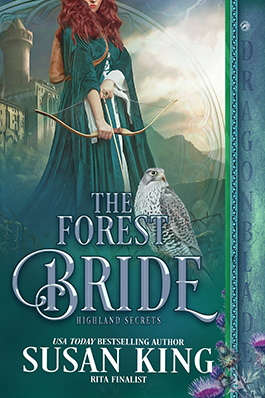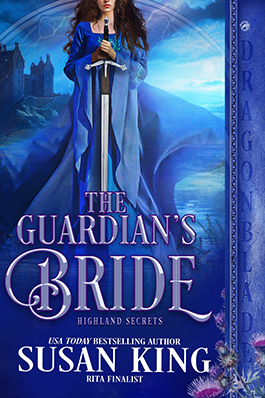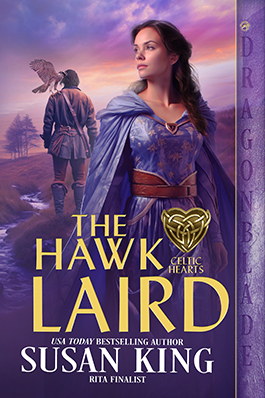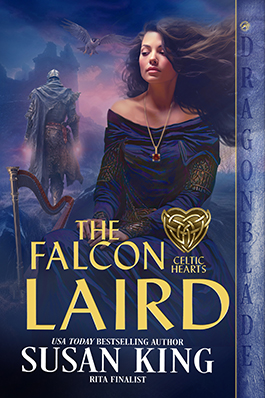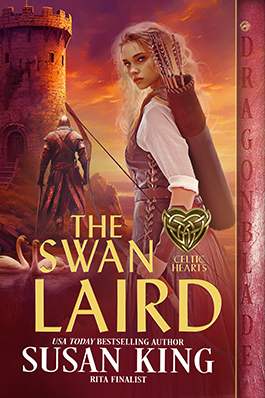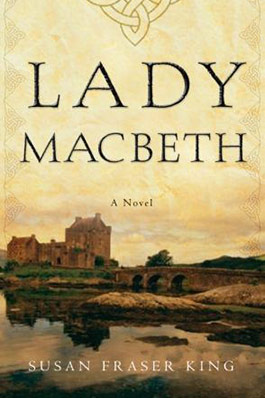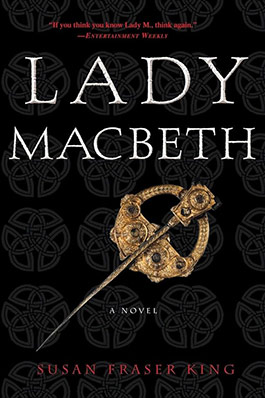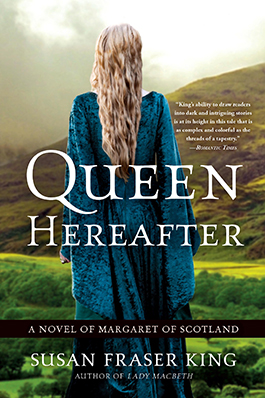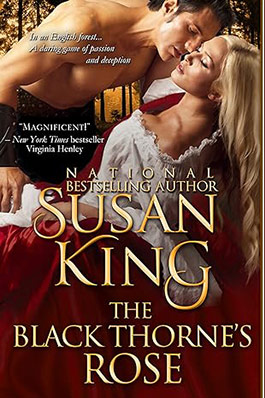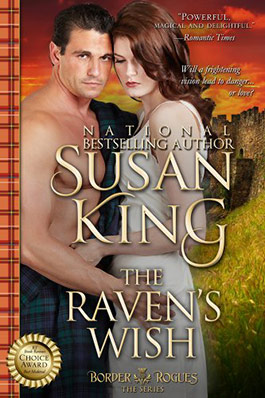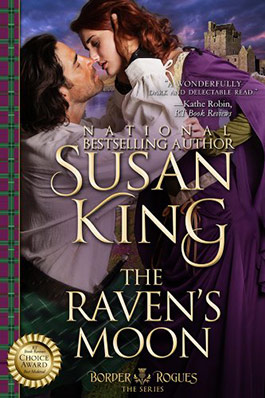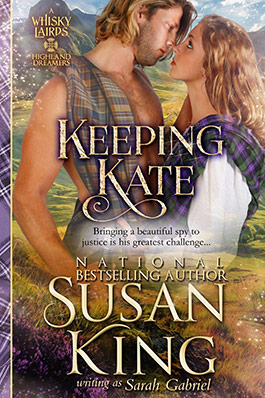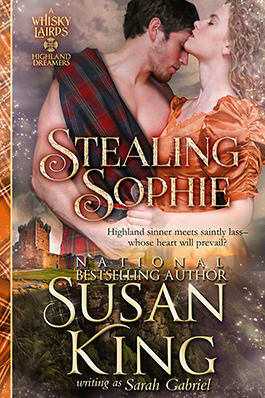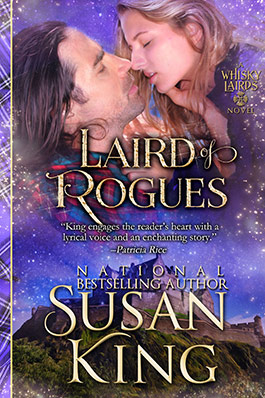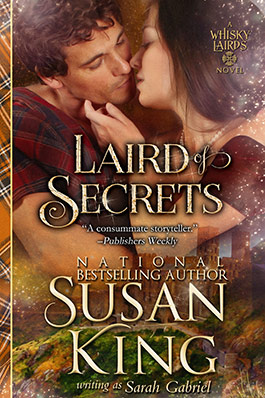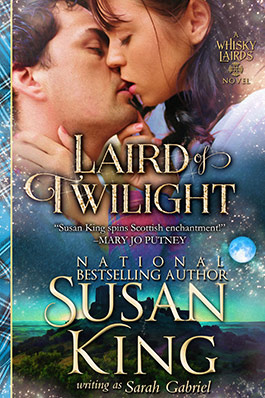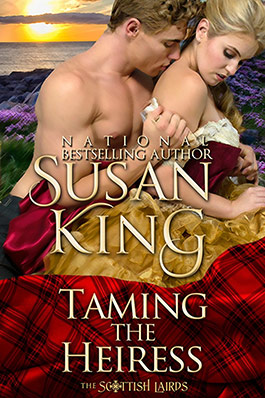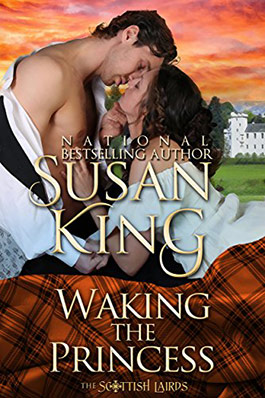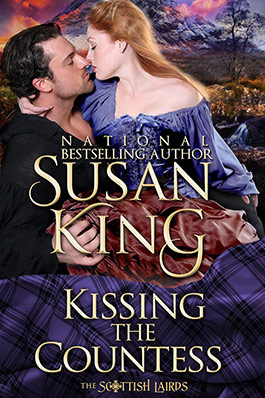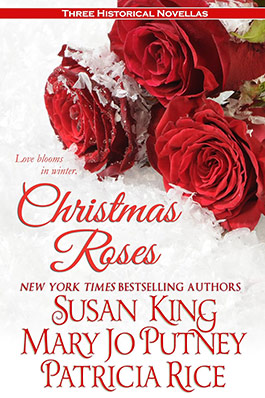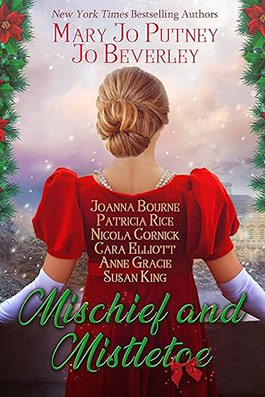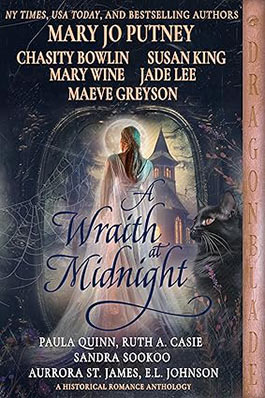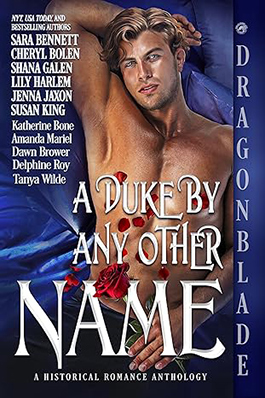The Last Chance Christmas Ball
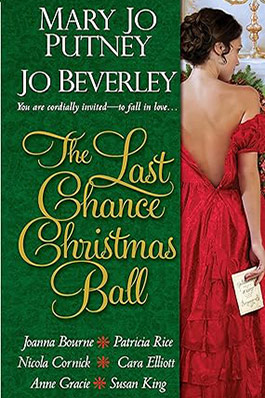
Christmas 1815.
Upstairs and downstairs, Holbourne Hall is abuzz with preparations for a grand ball to celebrate the year's most festive--and romantic--holiday. For at the top of each guest's wish list is a last chance to find true love before the New Year...
A chance meeting beneath the mistletoe, a stolen glance across the dance floor--amid the sumptuous delicacies, glittering decorations, and swell of the orchestra, every duchess and debutante, lord and lackey has a hopeful heart. There's the headstrong heiress who must win back her beloved by midnight--or be wed to another....the spinster whose fateful choice to relinquish love may hold one more surprise for her...a widow yearning to glimpse her long-lost love for even one sweet, fleeting interlude ...a charming rake who finds far more than he bargained for. And many other dazzling, romantic tales in this star-studded collection that will fill your heart and spice up your holidays...
On the way to Lady Holly's Christmas Ball, Dr. Henry Seton, Laird of Cranshaw, and Clarinda Douglas, Lady Hay, the widowed daughter of Henry's old mentor - are stranded in a blizzard at Cranshaw's home in Scotland. While Clary yearns to go to the grand ball, Henry is secretly relieved to miss it -- and as the snow flies and the hearth flames crackle, both must face their shared past of first love, heartbreak, and the fear of starting over . . . ./
December 1815
Scotland
“Sir.”
Firelight glowed and snow fell, and Dr. Henry Seton, Lord Cranshaw, dozed in the chair. The remnant of a dream stirred yearning, loneliness. He frowned.
“Sir.” A whisper.
Henry opened his eyes. A vision stood in the dim light of the doorway, an angel or a ghost clothed in frost and mist. A tall guardian hound stood by her side. The exquisite spirit watched him gently. Henry went still, wrapped in her spell.
“Lord Cranshaw. Pardon me. It is Yule Eve, and I am expected.” Slowly the figure came toward him. She limped, the dog buttressing her carefully.
His dog. And—Clary? Could it be? He had not seen her for years—well, not like this. He had seen her quite recently, though disguised as one of his medical students.
Henry sat up, cleared his throat. “Pardon me,” he said gruffly.
“My fault,” Clarinda Douglas protested. “I did not mean to startle you.”
He got hastily to his feet. “I was just…reading.”
“I do apologize. You looked quite as if you saw a ghost.”
He tipped his head. “In a way I have,” he murmured, “Miss Douglas. Greetings. I believe it is Lady Hay now?”
“Yes. Though I am widowed.” She moved, a tap of the cane, a slow step.
“I had heard. My condolences.” He took her hand, cool and slim in its soft little glove.
“Thank you.” She watched him. With those gray-blue eyes and flaxen hair, that pale coat and bonnet, she looked a fragile ice princess. No wonder he had thought her a ghost.
How strange to stand so close to her in the intimate warmth of his study, with neither of them knowing what to say. He released her hand. “To what do I owe the pleasure?”
“I expected to meet your sister here.” She smiled—tremulously, he saw. He knew the spectrum of her smiles, anxious, sweet, mischievous…seductive. “Mrs. Seton-Graham and I are going to Lady Holbourne’s ball down in England.”
“You are my sister’s traveling companion?” He blinked, surprised. “She never said.”
“We are good friends,” she explained. Henry nodded, aware, though Fiona rarely mentioned Clary. “I was also invited to the Christmas ball at Holbourne Abbey, and Mrs. Seton-Graham kindly offered to share her coach. She said you…”
“Would not be here?” he supplied.
Her fingers flexed on the cane’s ivory handle. A gift from her father when she turned sixteen, he remembered. “When your sister arrives we will leave, and be no bother to you.”
“You have not heard? Have a seat, Lady Hay. Here, Maximilian, out of there.” He moved the dog away from a low, scroll-end settee beside the fire.
She sat tentatively, primly, gloved hands clasped. “Heard what, Lord Cranshaw?”
So formal, despite all. He scowled slightly. “Fiona is unable to attend the ball, as it happens. She sent a note today by messenger, and sent word to Holbourne Abbey and to you as well. Her children are ill.”
She gasped. “The little girls, are they very ill?”
“Only chickenpox. They will soon be hale again. I take it you did not receive word?”
“No.” She pulled at her gloved fingers. “Oh, dear.”
“Indeed,” he murmured, watching her.
“But my coachman just left,” she said faintly. She straightened her shoulders. “Perhaps your coachman could bring me to him? Kendrick has gone to see family who live nearby. And Fiona lives west of here, I think. I could go there perhaps. I would not trouble you, but...I have no other transportation.” She looked distressed.
“My own coachman has left for the holiday, but I can take you to meet your man,” Henry offered. Hastening Clary away seemed a very good idea. Memories were crowding him already. “Fiona’s home is fourteen miles west, quite far in bad conditions. And if you have not had the chickenpox, I would not advise visiting. I can easily run you to meet your coachman.”
“I could not impose.”
“You must, if you wish to leave here,” he said, “and go to your ball.”
“Your sister said you were attending too. I thought you might be gone already.”
“I agreed to escort Fiona, but with her message and the worsening weather, I sent my own regrets by courier this morning.” He stopped. “Do you—require an escort to the ball?” He craved his solitude, but time was, he would have done anything for Clary Douglas. That was still true, he realized in dismay.
“My driver can take me to my cousins’ home near Holbourne.” She bit at her lower lip. “I am not sure what to do. The weather is turning rather poorly.” She glanced at the windows.
“Nothing to worry over. I will take you to meet your coachman.” What the devil was in that brose, to make him so biddable? But it was Clary, he knew. She always had a damnable effect on him. He felt so willing around her. Those feelings came back now, here, with her.
“Thank you, Lord Cranshaw.”
“Where is your coachman’s family home?”
“I do not know. The name is Kendrick.”/
“Tenants of mine. They live a few miles from here. I can run you there. First, take some refreshment. You must be cold after your journey.”
“Should we not go now, before the roads are slick?”
Henry glanced out to see trees already whitening. “Perhaps your driver should return you to Edinburgh instead, Lady Hay.”
“He is a sensible driver, and we are expected in England.” Clary shivered. “Oh. A hot drink first would be nice, if the cook or the housekeeper has something ready.” She glanced toward the door. Max now lay flopped over the threshold, a guardian decidedly off duty.
“My servants,” Henry said, “are gone.”
She blinked. “All of them?” She sat ramrod straight on the settee.
“Most. The forester—my groundskeeper—and his wife have a house on the property. He is also the parish minister, but the living is small enough that he keeps the Cranshaw grounds too. Their son is one of the grooms. I’ll have him harness the chaise. With luck, he is in the stables looking after the horses. The other servants have left for the holiday. I expected to be away the week, until plans changed. We are alone here,” he finished, “but for Max.”
“Then we must leave soon. It is so—improper.”
“A bit awkward,” he admitted. “But we will keep it our secret, and be off soon enough. As to refreshment, my housekeeper left a good brose, and there is claret. We could manage tea.”
“I do not want to be any trouble.” She did not look at him.
Trouble? He nearly laughed. She had always been the sweetest form of trouble. But those days and those feelings were gone.
“Tea, then,” he said, sensing she wanted it. He rose. “I’ll go down to the kitchen.”
“Let me prepare it,” she offered, standing.
“I am quite self-sufficient. It comes of having been in a regiment.”
“Yes—I heard that you had gone to Ireland, then Belgium, and made a good showing.”
“Quite,” he said curtly. He stepped over Max, who leaped up to pace between his master and his new friend. Then the deerhound trotted over to sit beside Clary.
Henry paused. She was having the same damnable effect on the dog.







